Anniversary: President John F. Kennedy Asked Congress To Help Him Send A Man To The Moon [PHOTOS]
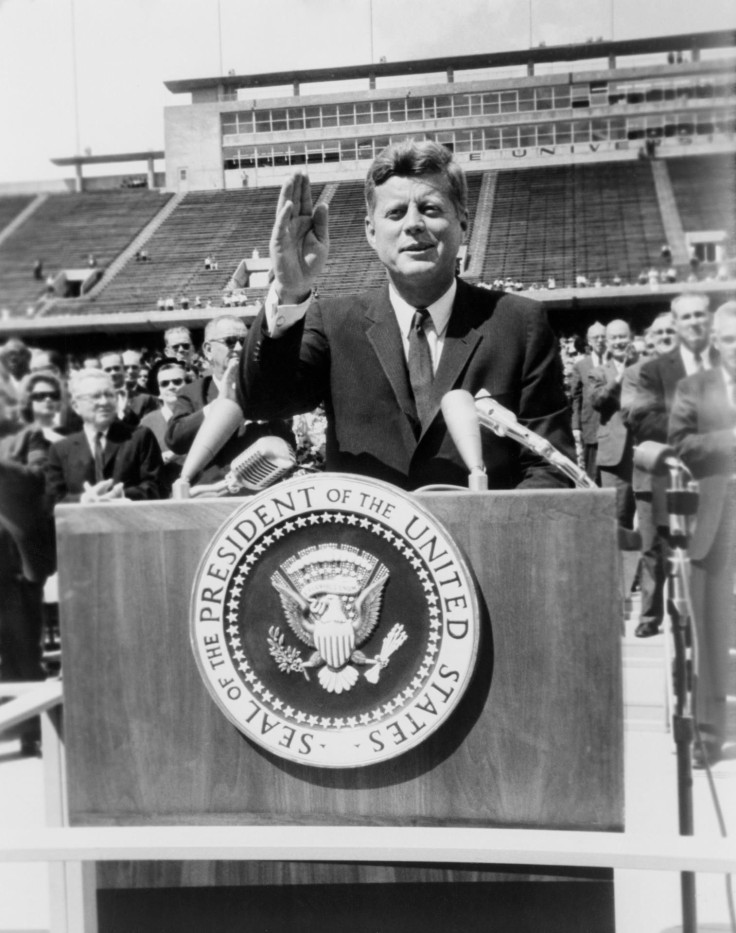
When President John F. Kennedy addressed Congress on May 25, 1961, he set space exploration by the United States on the fast track to the moon. His request for funding for space exploration came just months after he was inaugurated as the 35th president of the United States.
NASA was established in 1958, three years prior to this request and was still struggling to determine its role and goals, but with Kennedy's leadership, that quickly changed. Congress took his request seriously.
Read: NASA Budget Cuts: Senators Urge Trump Not To Slash Agency's Office Of Education
"I believe that this nation should commit itself to achieving the goal, before this decade is out, of landing a man on the moon and returning him safely to the Earth," he told a joint session of Congress. And with that, the plan to send a man to the moon began.
He noted it would be expensive and difficult but said there was no more vital task than space exploration. The address happened just a few days before Kennedy's birthday, May 29. If he were still alive today, he would be turning 100 years old on Monday. His legacy has lived on across the country, especially at NASA.
Kennedy's assassination in 1963 shocked the country and Vice President Lyndon B. Johnson was sworn to finish the term. But even with the turmoil of the 1960s in America, NASA did not falter.
Read: Apollo 13 Story: Jim Lovell On How Mission Changed From Moon Landing To Survival
The agency sent its first man, John Glenn, into Earth orbit in 1962, before Kennedy's assassination. A week after Kennedy's death in 1963, NASA renamed the Launch Operations Center on Merritt Island in Florida the Kennedy Space Center. In 1969, the first men to walk on the moon launched from the very same center Kennedy had visited in 1962.
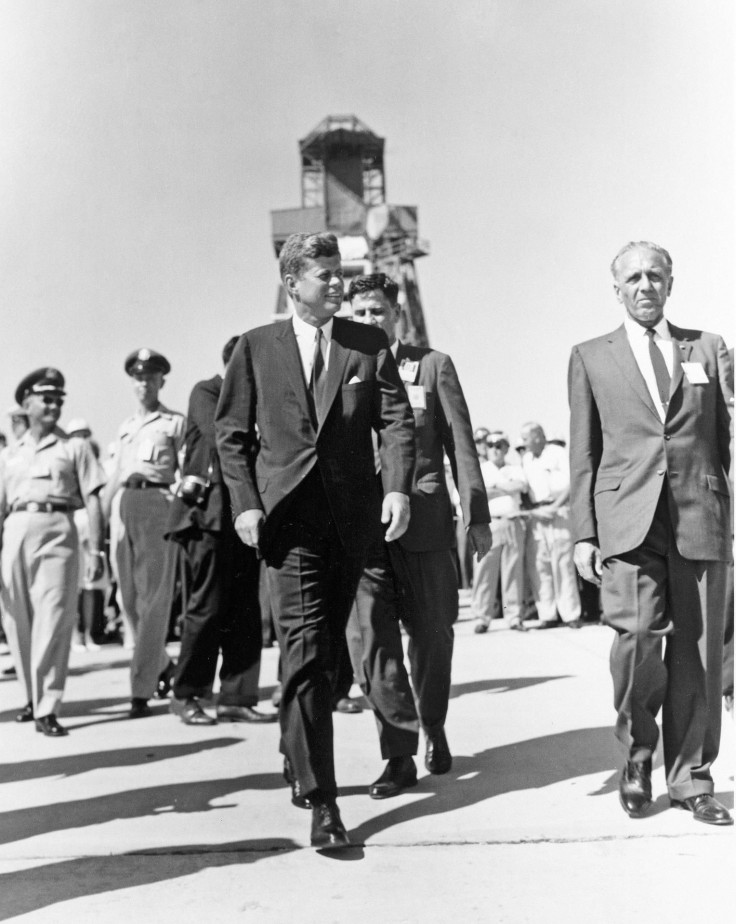
President Kennedy emphasized his goal of putting a man on the moon during a speech to 35,000 people at Rice University in 1962.
Before Kennedy even called on Congress to approve more NASA spending to put a man on the moon, he appreciated the space program. In 1961, at a White House ceremony, he honored astronaut Alan Shepard Jr. for completing a 15-minute suborbital mission.
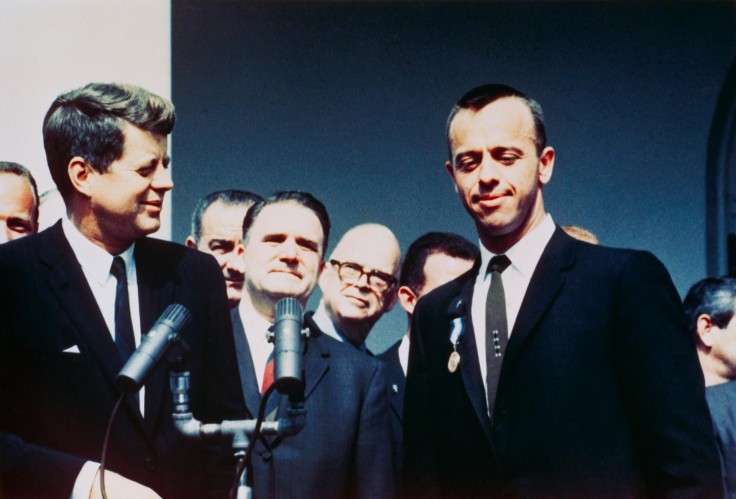
Shepard went on to participate in the Apollo 14 mission, which was the third lunar landing for NASA.
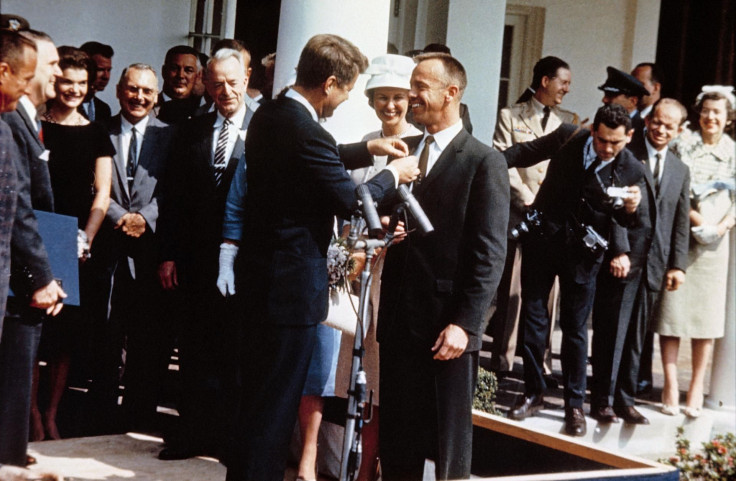
The Kennedy Space Center stands today as a reminder of the hard work Kennedy put into the space program.
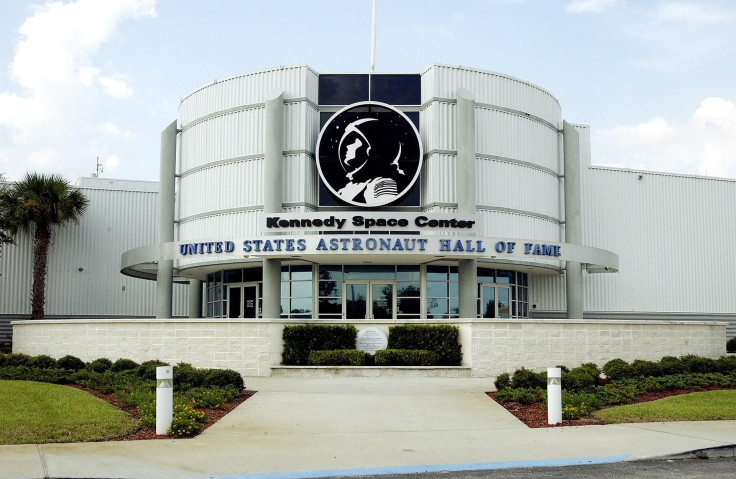
© Copyright IBTimes 2024. All rights reserved.





















